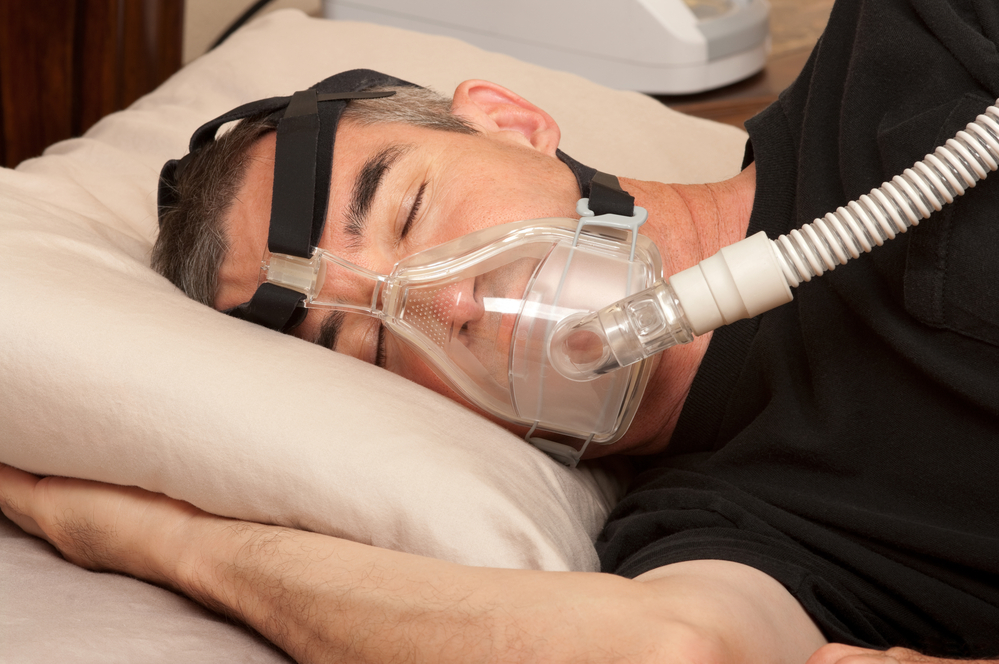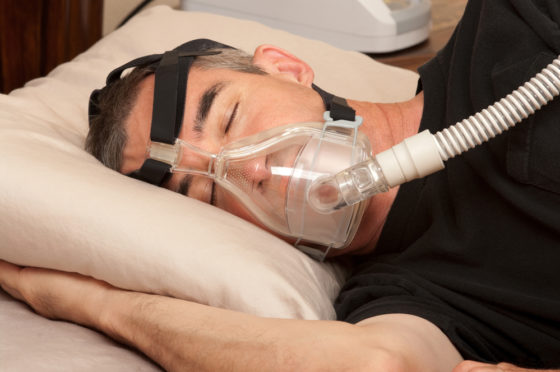Lawyer: Philips ‘knew of problems with sleep apnea machines since 2016’


One of the lawyers handling the mass claim against technology firm Philips over its sleep apnea devices has said there is ‘overwhelming evidence’ the company knew about problems with the machines for years.
Chris Seeger told NRC he was handing nearly 3,000 insurance claims against Philips, which recalled 5.5 million machines and 17 million sleep masks worldwide last year.
The company acted after it emerged that tiny foam particles in the masks could be released during cleaning and then inhaled, while magnetic clips in the masks potentially interfere with heart pacemakers.
Speaking from his office in New Jersey, Seeger said Philips had fraudulently claimed the devices were safe right up until the recall in June 2021, even though its suppliers warned it in 2016 to stop using polyester foam in its masks to dampen the noise. In April 2021 Philips brought out a new version of its sleep apnea device that used polyether foam instead.
‘Some 15 million people have been affected worldwide, around six million of them in the US,’ Seeger said. ‘They were misled from the moment they purchased the device. It was defective from day one. … this is an open and shut case.’
In March this year the Food and Drug Administration (FDA), which regulates medicines in the US, issued a notification order to Philips because it deemed the company’s own efforts to inform patients of the recall to be ‘inadequate’.
Seegers said the FDA’s 45-day ultimatum to Philips to inform its customers of the ‘unreasonable risk’ of danger to their health was an unusual step.
‘People are still using these defective machines even though we’re dealing with a Class 1 recall operation,’ he said. ‘That means there is immediate harm to patients who use them.
‘The choice they face when they go to the doctor is: “Do you want to die today or tomorrow?” And most people don’t choose to die today.’
‘This will be a fight’
The replacement of the Philips Respironics ventilators has cost the company an estimated €900 million and contributed to a 70% drop in its share price since April 2001. Investors launched a €16 billion lawsuit against the firm in September, claiming they had been misinformed about how serious the problems with the machines were.
Philips has disputed claims that the foam particles increase the risk of cancer, but Seegers said the company had been aware since 2015 that loose particles could find their way into patients’ lungs.
‘This is going to be a fight,’ Seegers told NRC. ‘They’ve hired a law firm that’s known for getting large, wealthy companies out of trouble. But the evidence against Philips is overwhelming and we have the regulator on our side. That’s exceptional.’
Philips says it is currently negotiating with around 60,000 people who have filed claims and the company claims to be fully co-operating with authorities in the US.
Thank you for donating to DutchNews.nl.
We could not provide the Dutch News service, and keep it free of charge, without the generous support of our readers. Your donations allow us to report on issues you tell us matter, and provide you with a summary of the most important Dutch news each day.
Make a donation